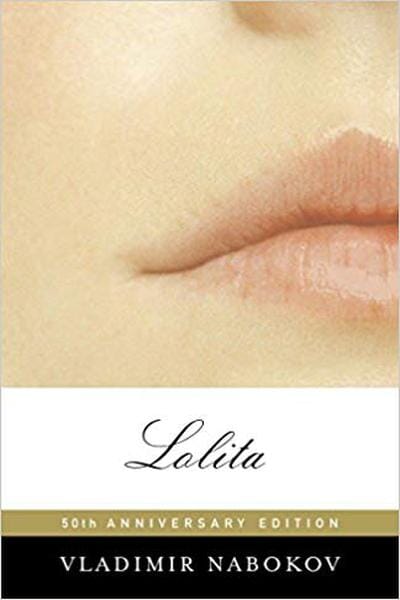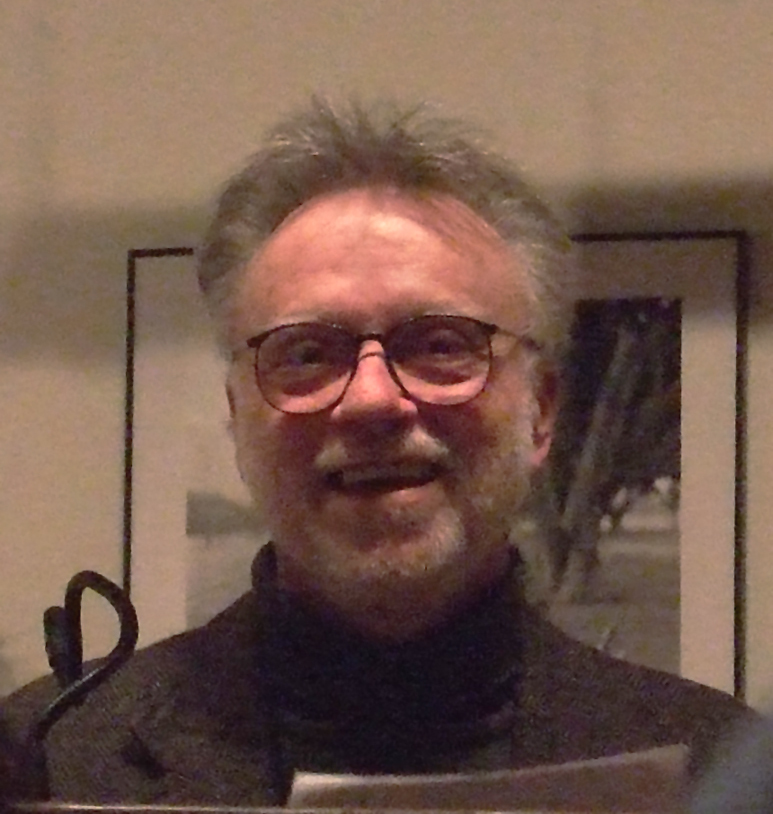 author
authorDiscover the Best Books Written by Vladimir Nabokov
Vladimir Nabokov (April 22, 1899—July 2, 1977) was a prolific, trilingual Russian-American novelist, poet, professor, translator, and entomologist. His name is nearly synonymous with the novel Lolita (1955), which centers on the shocking conceit of a middle-aged man’s obsession with a young girl. It became a record-breaking best-seller and brought him international fame.
Paired with his critically acclaimed Pale Fire (1962), Nabokov is consistently regarded as one of the most influential writers of the 20th century, known for his maximalist poetic style and intricately structured plots. Vladimir Nabokov was born on April 22, 1899, in Saint Petersburg, Russia, the eldest of five children. Out of his younger siblings, Sergey, Olga, Elena, and Kirill, Vladimir was the clear favorite and was idolized by his parents.
His father, Vladimir Dimitrievich Nabokov, was a progressive politician and journalist. Nabokov’s mother, Elena Ivanovna Rukavishnikov, was a wealthy heiress and granddaughter of a gold mine millionaire. Young Nabokov had an idyllic childhood despite the political turmoil brewing around him. He grew up in a wealthy, aristocratic, and loving household, speaking three languages (Russian, English, and French), which would later prove fruitful as he worked as a tutor to support his writing.
The family spent their summers in the countryside. Nabokov would remember Vyra, one of their three manors, as an idyllic, magical, and revelatory respite long after it had been destroyed. It was there that his love for butterflies was born. In his younger years, Nabokov was taught by governesses and tutors, as was the custom for children of the upper class. In January 1911, Nabokov was sent to the Tenishev School with his brother Sergey.
Tenishev was one of the best of its kind—a liberal secondary school situated in Saint Petersburg. It was there that young Nabokov grew his appetite for poetry and began writing in verse. Between the months of August 1915 and May 1916, he wrote his first book of poems, 68 in total, which he titled Stikhi (“Poems”) and dedicated to his first love, Valentina Shulgin (she would later be the inspiration for his 1926 debut novel Mary).
He self-published 500 copies at the printer that produced his father’s work. His debut, however, was not quite a success: he faced ridicule from his classmates, and one famous poet, Zinaida Gippius, told the elder Nabokov at a party that his son would never be a writer.
Best author’s book


























